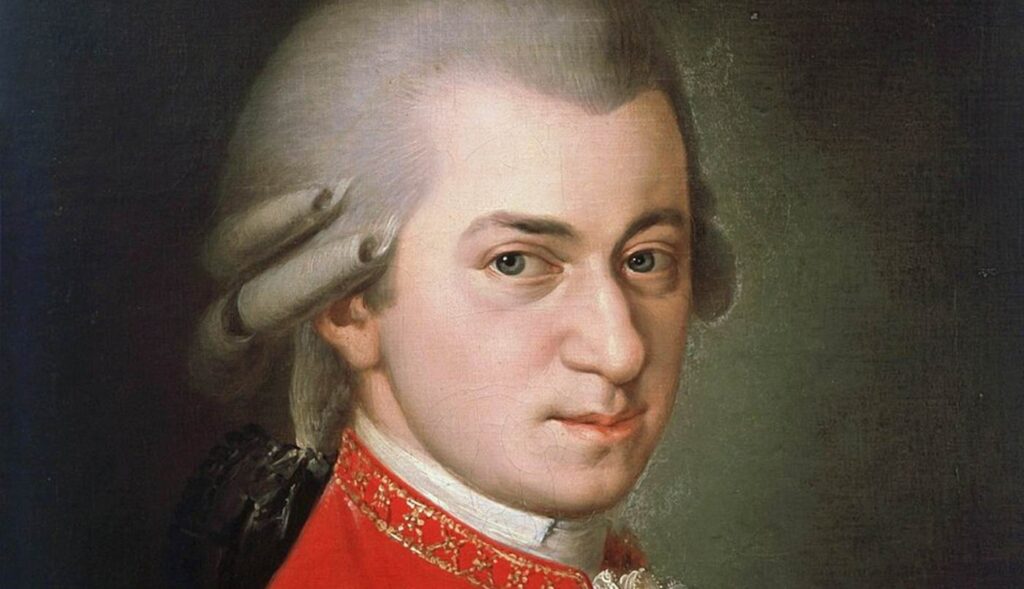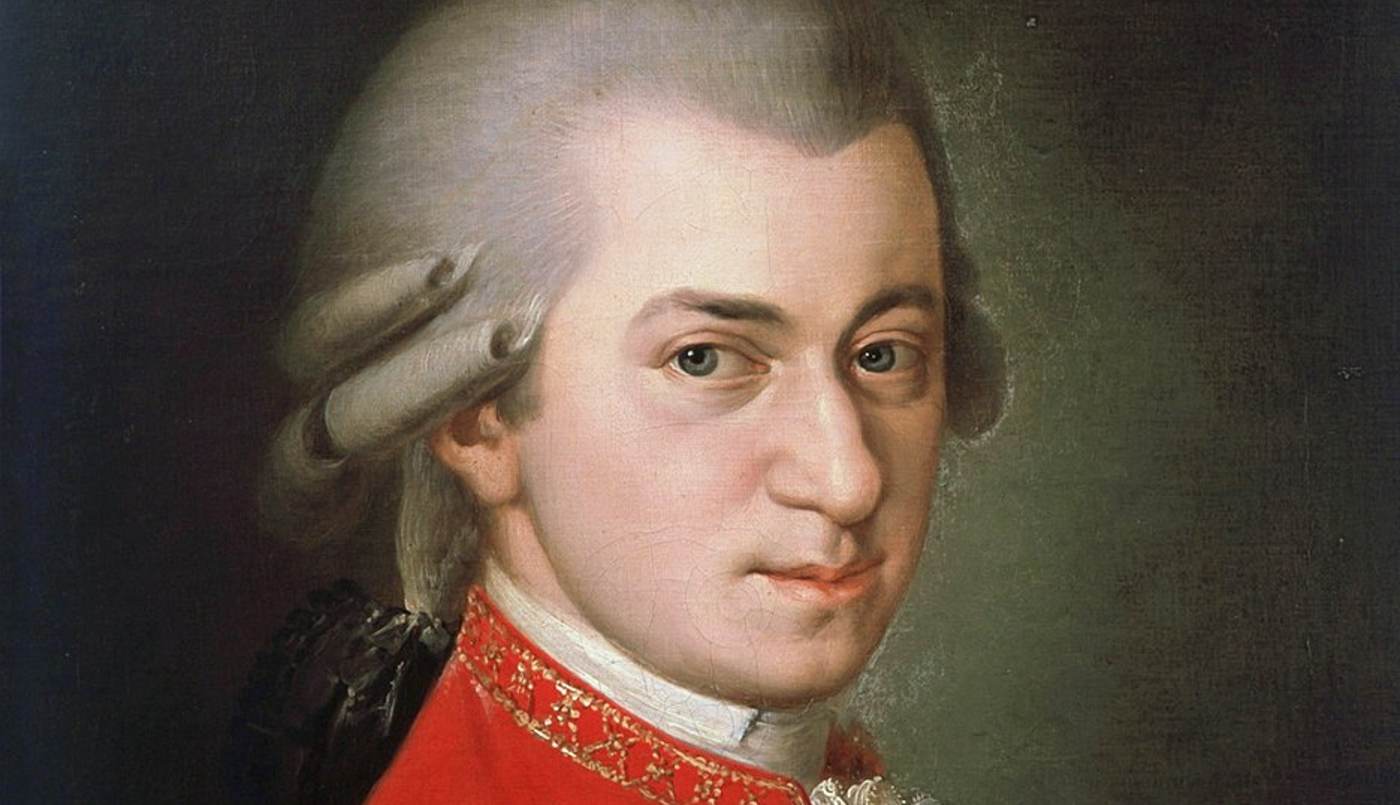
Listening to just 30 seconds of Mozart calms areas of the brain and can prevent seizures in people with medication-resistant epilepsy, reveals a new study.
Researchers found the Sonata for Two Pianos in D Major (K 448) might have the power reduce the epilepsy-associated electrical activity spikes in the brain.
People who enjoyed the piece of classical music were noted to have substantial increases to its therapeutic effects, the findings discovered.
The piece for “four hands,” written in 1781, first came to the fore in the early 1990s when a study found listening to the Mozart sonata led to an increase in spatial reasoning ability.
This result, which became known as the Mozart Effect, was studied in a range of fields over the past decades—including epilepsy.
CHECK OUT: This Ingenious Solution Was Designed Specifically to Help People During Their Epileptic Seizures
In this study, the researchers used electroencephalograms on 16 adults with medication-resistant epilepsy as they listened to a series of 15 or 90 second clips—including the Mozart piece.
Listening to K 448, but not any other music clip, was linked with a 66.5 percent average reduction in the number of epilepsy-associated electrical activity spikes throughout the brain.
These reductions were found to the greatest extent in the brain’s left and right frontal coertices, parts of the brain involved in regulating emotional responses.
Mozart’s sole sonata for two pianos was written at the age of 25 for Josepha von Auernhammer—one of his most promising students—who went on to become one of Austria’s leading female performing pianists and composers.
The findings were published in the journal Scientific Reports.
(LISTEN to the famous Mozart song in the video below.)
Pass On The Melodic Story To Your Friends By Sharing It To Social Media…




















